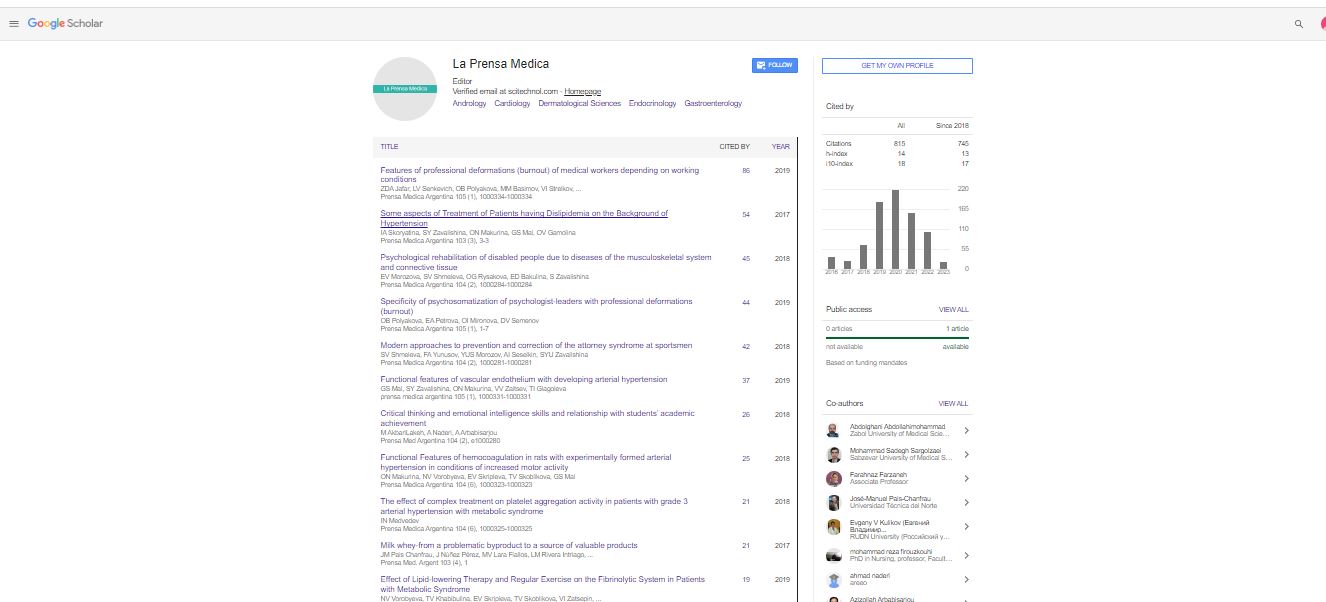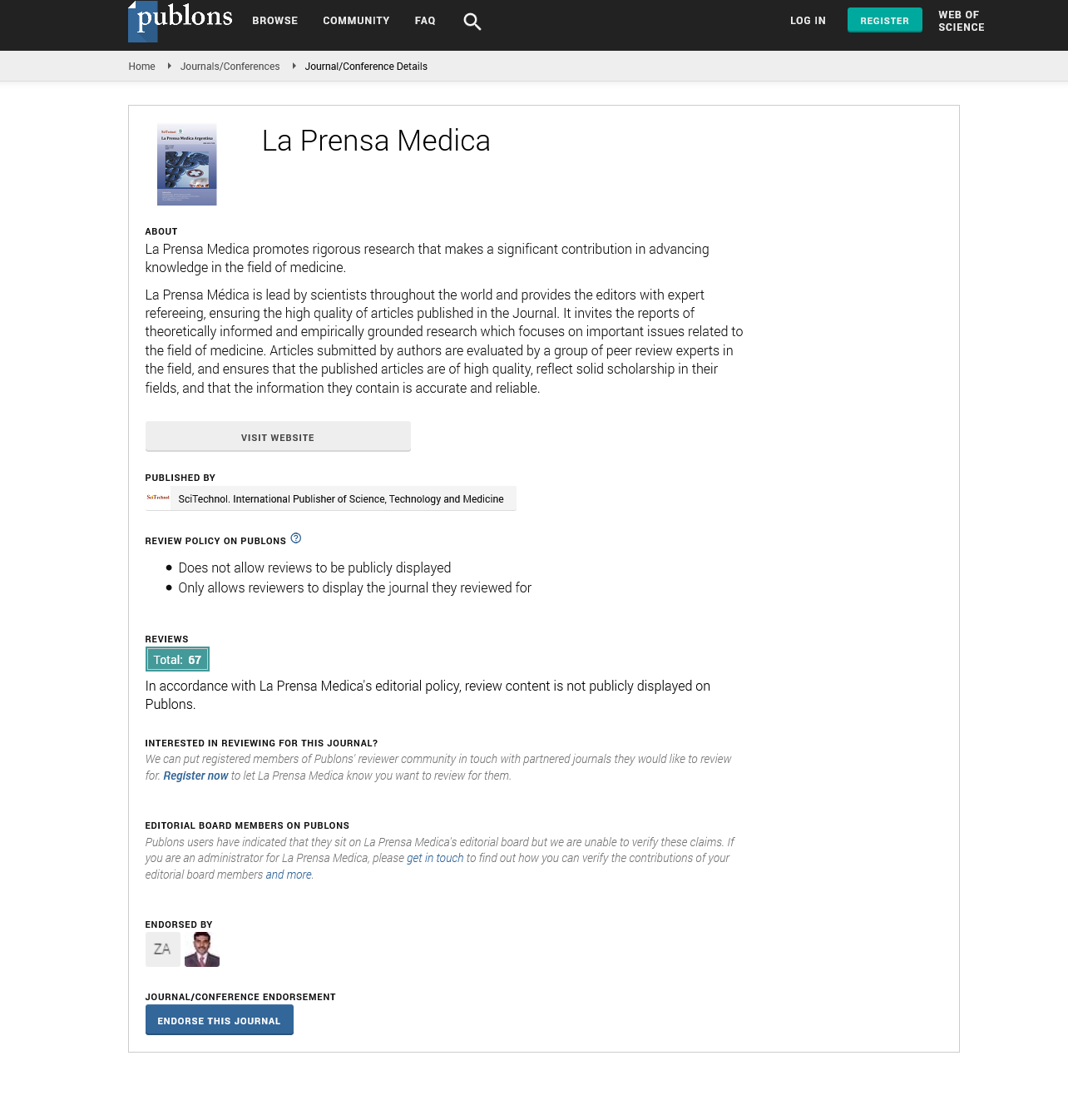Research Article, Prensa Med Argent Vol: 103 Issue: 2
A Study on UTI Prevalence of Neonates Younger than 8 Weeks Diagnosed with Prolonged Neonatal Jaundice
Abstract
Abstract
Aim: This research aimed to study the UTI prevalence among neonates younger than 8 weeks diagnosed with prolonged neonatal jaundice.
Design and method: This is a descriptive-analytical study on 100 neonates younger than 8 weeks diagnosed with obvious jaundice on skin and eyes in 2015. Demographic and clinical information was collected in order to investigate the UTI through urine bag. If urine test was positive, another sample was cultured. The data were analyzed at p< 0.05.
Results: Out of 100 neonates diagnosed with prolonged neonatal jaundice, 27 had positive urine test (4 male and 27 female). Most neonates diagnosed with UTI had a full-term pregnancy, were born with normal delivery, and fed by breastfeeding. The most grown microorganism in urine samples was Escherichia coli. According to the results, 23% of asymptomatic neonates with prolonged jaundice were diagnosed with UTI. 73% of culture was negative. Out of 27% positive cases, 17% was reported with E.coli, 6% Klebsiella, and 4% microorganisms.
Conclusion: According to the results, urine culture, which is among the routine diagnostic measures, is proposed for asymptomatic neonates diagnosed with prolonged neonatal jaundice.
 Spanish
Spanish  Chinese
Chinese  Russian
Russian  German
German  French
French  Japanese
Japanese  Portuguese
Portuguese  Hindi
Hindi 

